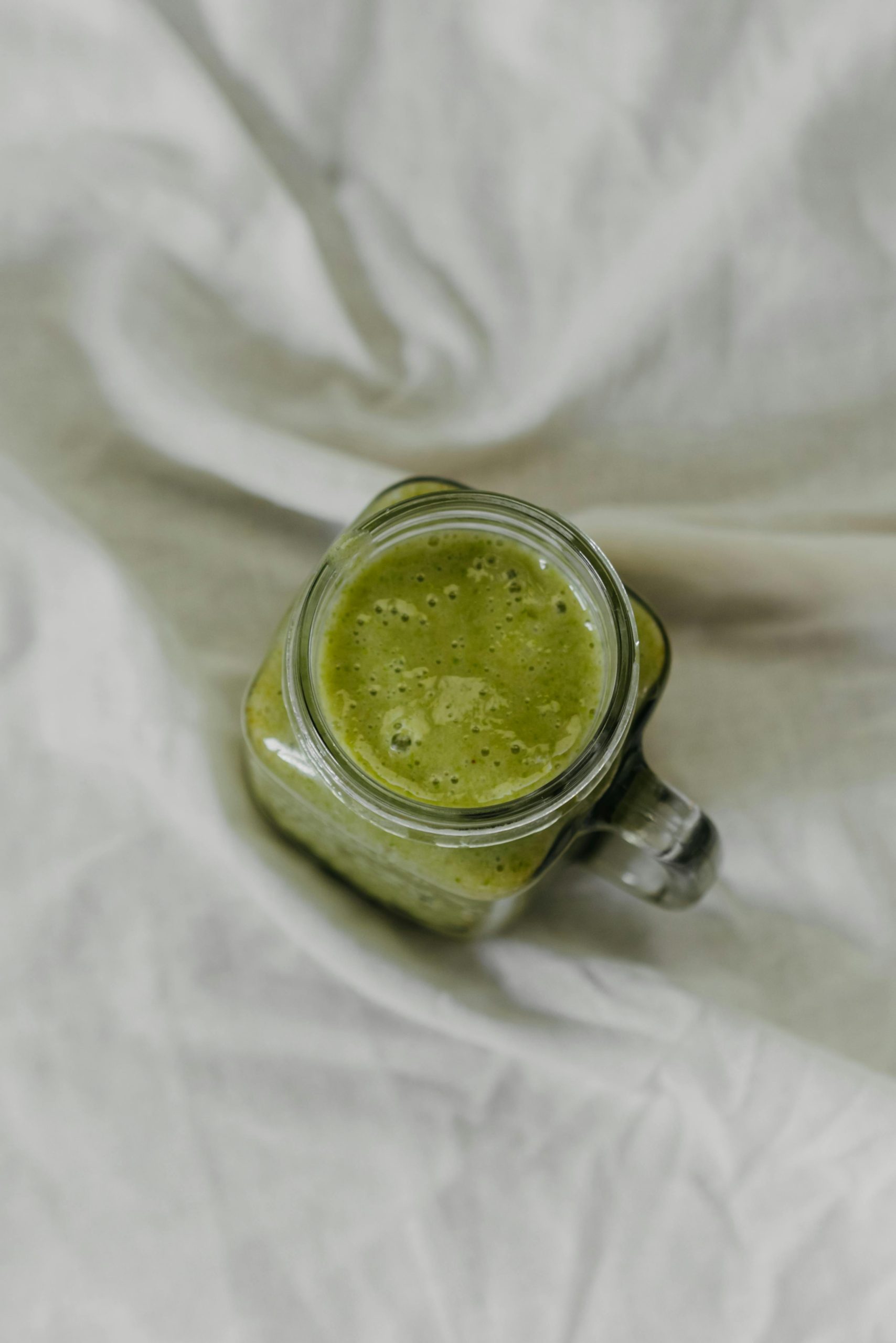Gut health has become a hot topic in wellness circles, and for good reason—your digestive system plays a crucial role in overall health, immunity, and even mental well-being. One of the best ways to support a healthy gut is by incorporating fermented foods into your diet. These probiotic-rich foods have been used for centuries across cultures, not just for preservation but also for their digestive benefits. From kimchi to kefir, fermented foods introduce beneficial bacteria into your gut, helping to balance your microbiome and improve digestion. In this article, we’ll explore the science behind fermented foods, their benefits, and how to include them in your daily meals for optimal gut health.
The Science Behind Fermented Foods and Gut Health
Fermentation is a natural process where microorganisms like bacteria, yeast, or fungi break down sugars and starches in food, creating beneficial probiotics. These live microorganisms help populate your gut with good bacteria, which play a key role in digestion, nutrient absorption, and immune function. A balanced gut microbiome can reduce inflammation, improve bowel regularity, and even enhance mood by influencing the gut-brain axis.
Research shows that fermented foods can:
- Increase microbial diversity in the gut
- Strengthen the intestinal barrier, reducing leaky gut syndrome
- Enhance the production of short-chain fatty acids (SCFAs), which support colon health
By regularly consuming fermented foods, you’re essentially giving your gut the tools it needs to maintain balance and function optimally.
Top Fermented Foods for a Healthy Gut
Not all fermented foods are created equal—some pack a more powerful probiotic punch than others. Here are some of the best options to include in your diet:
Yogurt and Kefir
These dairy-based ferments are rich in Lactobacillus and Bifidobacterium, two strains known for improving digestion and lactose tolerance. Opt for unsweetened, live-culture varieties for maximum benefits.
Sauerkraut and Kimchi
Made from fermented cabbage, these tangy foods are loaded with fiber, vitamins, and probiotics. Kimchi also contains garlic and chili peppers, which add antimicrobial properties.
Kombucha
This fizzy, fermented tea is a great source of probiotics and antioxidants. Just be mindful of sugar content in store-bought versions.
Miso and Tempeh
Traditional Japanese and Indonesian ferments, these soy-based foods are rich in protein and probiotics. Miso soup and tempeh stir-fries are delicious ways to enjoy them.
How Fermented Foods Improve Digestion and Wellness
Beyond just balancing gut bacteria, fermented foods offer a range of health benefits that contribute to overall wellness:
- Better Nutrient Absorption: Probiotics help break down food, making nutrients like vitamins B and K more bioavailable.
- Reduced Bloating and Gas: A healthy gut microbiome minimizes digestive discomfort by improving food breakdown.
- Stronger Immunity: About 70% of the immune system resides in the gut, and probiotics help regulate immune responses.
- Mental Health Support: The gut-brain connection means a balanced microbiome can reduce anxiety and depression symptoms.
By supporting digestion at its core, fermented foods can lead to noticeable improvements in energy levels, skin health, and even weight management.
How to Incorporate Fermented Foods Into Your Diet
Adding fermented foods to your meals doesn’t have to be complicated. Here are some simple ways to enjoy them daily:
- Start Small: If you’re new to fermented foods, begin with a tablespoon of sauerkraut or a small glass of kefir to avoid overwhelming your system.
- Mix Them Into Meals: Add kimchi to rice bowls, blend kefir into smoothies, or top salads with a spoonful of fermented veggies.
- Experiment With Homemade Ferments: Making your own yogurt, kombucha, or pickles can be a fun and cost-effective way to boost gut health.
- Pair With Prebiotics: Foods like garlic, onions, and bananas feed probiotics, enhancing their effectiveness.
Consistency is key—aim to include at least one fermented food in your diet every day for lasting benefits.
Potential Considerations and Side Effects
While fermented foods are generally safe, some people may experience temporary side effects as their gut adjusts:
- Bloating or Gas: This usually subsides as your microbiome adapts.
- Histamine Sensitivity: Some ferments (like aged cheeses or sauerkraut) contain histamines, which may trigger reactions in sensitive individuals.
- Sodium Content: Fermented foods can be high in salt, so moderation is important for those with hypertension.
If you have a compromised immune system or severe digestive issues, consult a healthcare provider before making significant dietary changes.
Fermented foods are a delicious and natural way to support gut health, digestion, and overall wellness. By introducing probiotics into your diet through yogurt, kimchi, kombucha, and other ferments, you can enhance nutrient absorption, boost immunity, and even improve mental clarity. Start small, experiment with different flavors, and listen to your body’s responses. Over time, these probiotic powerhouses can help you cultivate a healthier gut—and a healthier you.


